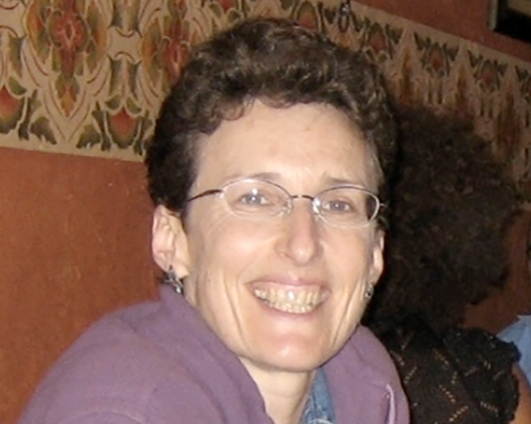Structured improvisation in two bilingual schools
On Corsica, French-Corsican bilingual schools serve French-dominant children and are intended as tools of Corsican language revitalization. This presentation examines pedagogies involving apprenticeship to the poetic genre of the Chjam’è rispondi (Call and Reponse). Traditionally practiced by expert, male poets, this genre involves one poet improvising a 6-line poem and his opponent responding immediately with another 6-line verse. Following a description of a collaborative project undertaken by the author and two Corsican bilingual teachers and their classes, the analysis focuses on the sociolinguistic and cultural implications of the apprenticeship of novice minority language speakers to this expert genre in schools.
OUTLINE
This presentation examines language socialization practices in two Corsican bilingual schools surrounding apprenticeship to the poetic genre of the Chjam’è rispondi (Call and Reponse). Traditionally practiced by expert, male poets, the chjam’è rispondi involves one poet improvising a 6-line poem and his opponent responding immediately with another 6-line verse. The analysis focuses on the sociolinguistic and cultural implications of shifts in the sites of socialization to this practice.
In Corsica, bilingual (French and Corsican) schools are a language revitalization strategy serving primarily French-dominant children. Their goals are 1) to replace the intergenerational transmission of Corsican that is no longer happening in the home; 2) to redress French language hierarchy by incorporating Corsican into a high-status institutional context and 3) to create a privileged cultural and affective role for Corsican in the children’s lives. These objectives engage multiple and sometimes conflicting criteria of linguistic authenticity and legitimacy. On the one hand there is the legitimacy and authority of the school as a site of practice; on the other, there is the ideology of the “native speaker” that links speaking Corsican with traditional, non-academic speech forms and genres. Secondly, as a site of socialization, the school is connected with authoritarian regimes of language, which conflicts with affective/identity goals which seek to positively differentiate children’s relationships with Corsican vs. French and motivate children to become speakers in a society where speaking the minority language is no longer a default choice. One consequence of these tensions is that speaking/writing “school Corsican” is often not recognized as culturally authentic by the society at large.
Against this backdrop, teaching chjam’è rispondi emerges as a strategy that mediates these tensions by apprenticing children to a form of socially recognized and valued linguistic expertise with a high affective and collective, cultural content. At the same time, this socialization involves the transformation of the practice itself to accommodate children’s novice levels of competence in Corsican. The teaching of the chjam’è rispondi thus offers an opportunity to explore and expand the focus, in school-based language socialization research, on “the discursive positioning of self and other (e.g., as knower, insider, outsider, legitimate, or ethnic minority) and its consequences” (Duff 2008: 111).
In the presentation, I describe a collaborative project that I took part in with two Corsican bilingual primary school classes in 2011-12, tracing the process of text production and circulation between schools over a school semester that culminated in a joint field trip/encounter at a museum and the two classes’ participation in poetry festivals. Drawing on ethnographic and interview data and illustrated with an extract of interactional data, I show that children are simultaneously socialized to linguistic practice and to valued social and interactional identities stances that include the role of “poet” and the ability to engage in a style of joking exchange (glossed by the Corsican term “a macagna”). Finally, I argue that the practices both presuppose (traditional) and create new forms of community around the use of Corsican and new understandings of what being a “speaker” of Corsican means. Through its attention to the temporal dimension of socialization in educational context, the analysis thus also contributes to the literature on the structuring and attribution of participant roles to students over time (Jaffe 2009; Wortham 2006).

